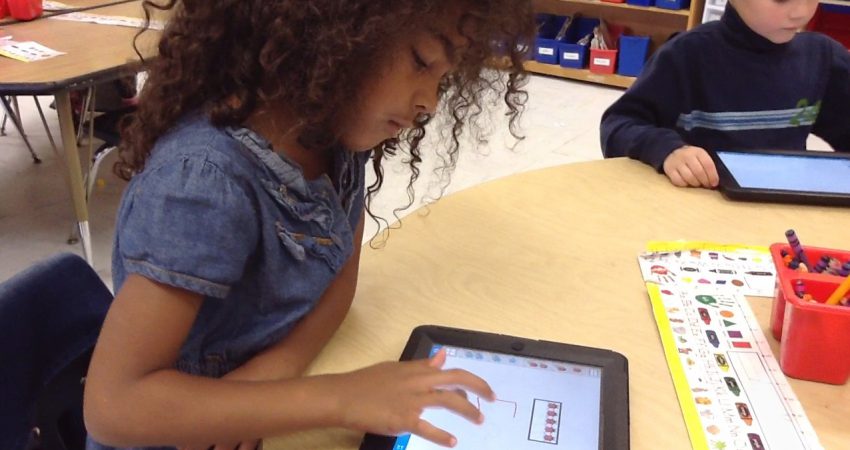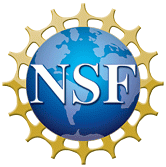
By Heather King - April 2013
PAPER CITATION
Lee, S.W-Y., Tsai, C-C., Wu, Y-T., Tsai, M-J., Liu, T-C., Hwang F-K., Chang, C-Y. (2011). Internet-based science learning: A review of journal publications. International Journal of Science Education, 33(14), 1893–1925.
The Internet now plays an important role in education. It has the potential to provide interactive, individualized, inquiry-oriented learning. Internet-based science learning environments (ISLEs), which provide simulations, animations, online game-based learning, and web 2.0 applications, have become the focus of a growing body of educational research. This paper reviews the current literature, focusing in particular on the characteristics of learners that affect the extent of science learning and on the nature of the outcomes attributed to that learning.
The reviewed papers were published between 1995 and 2008. Using electronic databases, papers were identified and included for study if they contained at least one science education keyword and one Internet technology keyword. Papers were then reviewed and sorted with reference to the two key foci. Of the papers meeting these criteria, 13 were identified as discussing learner characteristics, for example, prior knowledge, perceptions of self-efficacy, and so on. Another 52 were identified as discussing learning outcomes such as learner attitudes, motivation, conceptual understanding, conceptual change, general cognitive skills, cognitive skills specific to science inquiry, and interaction.
Lee et al. discuss the issues presented in these papers in detail. Where appropriate, they attempt comparisons among findings. However, for the most part, the differences among the studies in terms of research focus make it impossible to derive anything more than generalised findings. Nonetheless, such findings provide useful reminders and advice for those who develop online resources for science learning. Some of the paper’s findings are listed below.
Demographics:
- Male students tend to be more active in online science forums than women; however, ISLEs potentially provide a way of supporting more women to engage with or return to science.
- Female students reported that they enjoyed expressing critical judgement and reflective thinking.
- Little is known about the relationship between ethnicity and differences in socioeconomic status, on the one hand, and learning in ISLEs on the other.
- Student attitudes toward ISLEs:
- Research findings on student attitudes toward ISLEs are mixed. Some studies found that high-achieving students expressed more positive attitudes toward working online than did their lower-achieving peers. Other studies found the opposite.
- “Blended” courses comprising both online and offline content motivated learners to preview their learning materials before the course; they also led to more interactions with peers than did traditional lectures.
- The self-paced learning and game-like features of ISLEs may help motivation. Also, female learners may prefer these features.
Pedagogical practice:
- ISLEs that build on solid pedagogical practices produce better results than traditional learning environments. ISLEs must be supported appropriately to maximize the opportunities they offer.
- The social interaction so often promoted as a beneficial feature of ISLEs may not be useful if the postings are irrelevant or too extensive, resulting in information overload.




